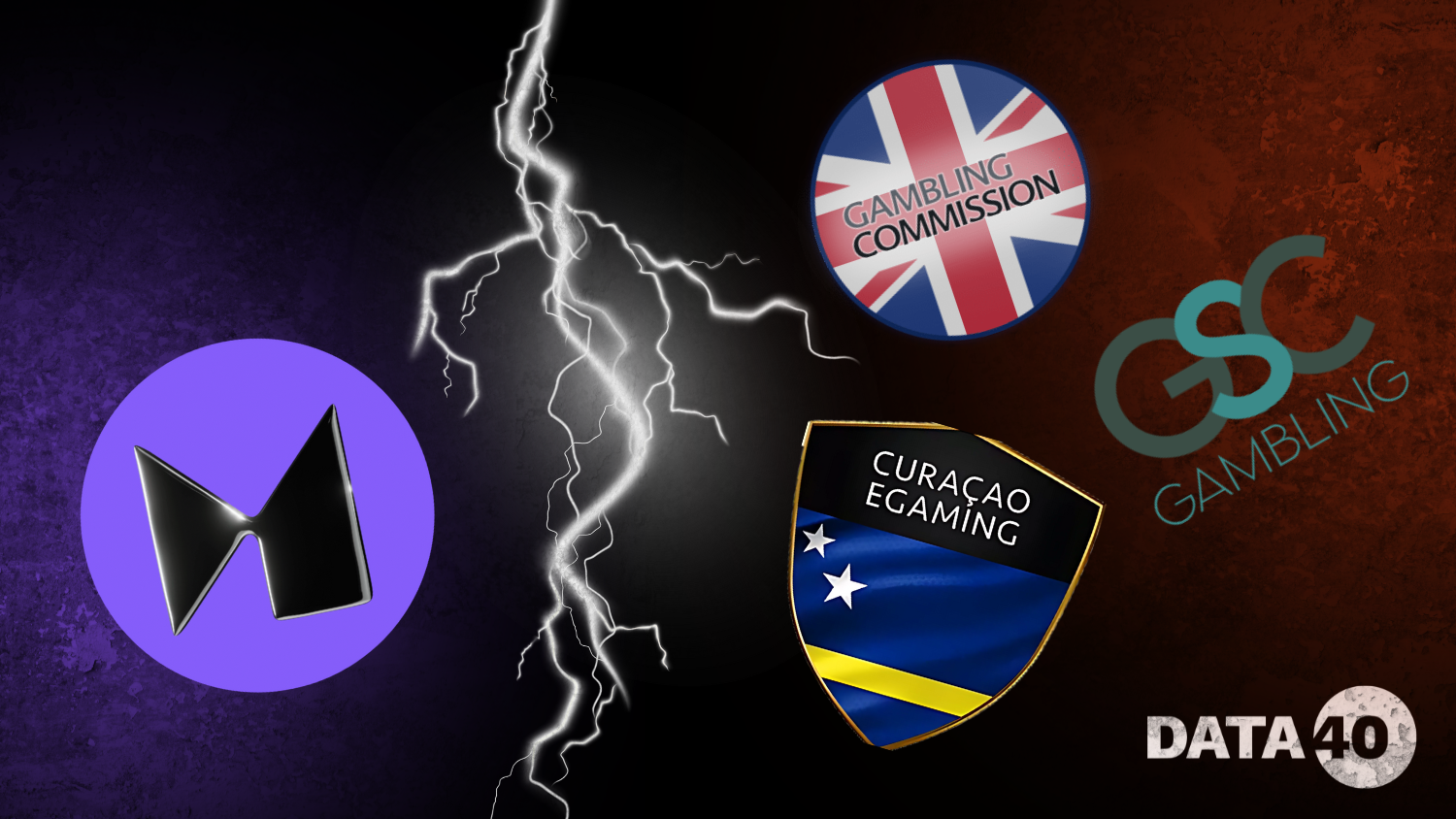

The gambling industry, valued at over $300 billion in 2024, spans land-based casinos, online platforms, and sports betting. Licensing is critical, ensuring legal compliance, fair play, and consumer trust. It enables operators to navigate regulations and access international markets.
A suitable license enhances market access and player trust while defining taxation, compliance, and operational limits. Operators must weigh cost, reputation, and requirements to align with business goals.
This article compares the Malta Gaming Authority (MGA) license with others like Curacao and the UK. It evaluates benefits, costs, and compliance to guide operators in choosing the most strategic license.
Overview of the Malta Gaming Authority (MGA)
The Malta Gaming Authority (MGA), established in 2001, is among the first regulators of online gaming worldwide. Its early recognition of the need for comprehensive gambling regulations has helped Malta evolve into a leading hub for the iGaming industry. The MGA is renowned for its rigorous standards, transparency, and commitment to maintaining a fair and safe gaming environment. Over the years, it has gained a strong reputation for player protection and regulatory compliance, making it one of the most respected authorities in the global gambling sector. Today, Malta’s iGaming industry contributes approximately 12% of the nation’s GDP.
Key Features of MGA Licenses:
- Types of Licenses
- The MGA offers distinct licenses catering to various aspects of the gambling industry, including Business-to-Consumer (B2C) licenses for operators and Business-to-Business (B2B) licenses for gaming suppliers and software developers. This flexibility allows companies to align their licenses with specific business operations.
- Licensing Process and Timeline
- The MGA’s licensing process is multi-layered and highly scrutinized. It begins with a fit and proper test to evaluate an applicant’s financial stability, business viability, and operational practices. This is followed by detailed business planning and operational assessments. Approved operators must undergo an external systems review before going live, ensuring technical compliance and security. The entire process, depending on the preparedness of the applicant, typically takes several months.
- Compliance Requirements
- Licensed operators must adhere to strict compliance measures, including player fund segregation, anti-money laundering protocols, and responsible gambling initiatives. The MGA conducts annual reassessments and regular audits, ensuring ongoing adherence to its standards. It also performs “mystery shopping” to test compliance from the player’s perspective.
- Taxation Rates and Fees
- Malta offers competitive tax rates to attract gaming operators, including an effective corporate tax rate as low as 5% for international businesses. Operators are subject to gaming-specific fees and taxes, which vary based on the nature and size of the operations. This fiscal framework has made Malta a highly attractive jurisdiction for gambling businesses.
The MGA stands out for its emphasis on innovation and adaptability, continually updating its regulations to reflect technological advancements and global industry trends.
Overview of Other Popular Gambling Licenses
1. Curacao eGaming License
Curacao is a long-established and widely recognized licensing jurisdiction, appealing for its affordability and simplicity. Recently, it has undergone regulatory updates (the LOK framework) to enhance its reputation and compliance standards.
- Strengths:
- Cost-effective with low license fees and minimal taxes (0% corporate tax rate).
- Quick and straightforward application process.
- Coverage for multiple gambling activities under a single license, including the integration of cryptocurrency transactions.
- Flexibility to operate in many international markets, though with notable exceptions (e.g., the USA, Netherlands).
- Weaknesses:
- Historically criticized for limited regulatory oversight, which may affect player trust.
- Ongoing regulatory reforms could introduce stricter compliance requirements.
- Exclusion from high-value markets like the UK and EU, reducing operator appeal.
2. UK Gambling Commission (UKGC) License
Known for its stringent regulatory framework, the UKGC ensures fair play, consumer protection, and market integrity, making it highly respected globally.
- Strengths:
- Provides access to the lucrative UK market, one of the largest gambling markets in the world.
- High level of player trust and credibility due to robust oversight.
- Supports operators in building a strong reputation with stringent advertising and responsible gambling requirements.
- Weaknesses:
- Expensive licensing fees and high tax rates.
- Lengthy and complex application process with strict compliance demands, requiring significant resources from operators.
3. Isle of Man Gambling Supervision Commission
The Isle of Man offers a well-regarded regulatory environment, balancing robust standards with business-friendly tax policies.
- Strengths:
- Internationally recognized for its stringent yet supportive regulation.
- Offers a competitive tax structure (0% corporate tax rate) and a politically stable environment.
- Access to reputable banking services and a well-developed infrastructure for iGaming businesses.
- Weaknesses:
- Higher initial and ongoing costs compared to jurisdictions like Curacao.
- Regulatory processes may involve detailed scrutiny, which can be time-consuming
Key Comparison Factors
1. Licensing Costs and Fees
- MGA (Malta): Initial application fees start at €25,000 for a Class 1 license, with additional annual license fees and a 5% tax on gross gaming revenue (GGR).
- Curacao: Offers one of the lowest barriers to entry, with fees starting at €5,000 and a flat 2% tax on GGR. Additional compliance tools might incur costs due to its limited built-in oversight.
2. Market Access
- EU Markets: Malta remains a leader due to its EU alignment.
- Global Markets: Curacao stands out for its global flexibility but is less competitive in high-regulation regions like the EU.
3. Compliance Requirements
- MGA and UKGC: Known for stringent regulations, frequent audits, and comprehensive reporting requirements. Operators face higher costs but gain credibility with strict compliance.
- Curacao : Offer streamlined compliance, appealing for startups, though they may lack the detailed frameworks of their European counterparts.
4. Credibility and Player Trust
- High-Trust Jurisdictions: MGA and UKGC are seen as gold standards, providing assurance to players and fostering relationships with payment processors and affiliates.
- Curacao: Struggles with trust and recognition among players in stricter markets, though it performs better in emerging or less regulated regions.
5. Player Protection Mechanisms
- MGA and UKGC: Emphasize responsible gambling, dispute resolution, and robust safeguards against fraud.
- Curacao: Offers limited player protections compared to more established jurisdictions but meets baseline standards.
6. Operational Flexibility
- Curacao: Allows operators greater freedom in offering games and payment methods without stringent restrictions on jurisdictions.
MGA and UKGC: Focus more on protecting regulated markets, which can limit flexibility but ensure higher security and market stability.
Conclusion and Recommendations
Selecting the right gambling license requires careful consideration of costs, compliance requirements, market access, and the reputation of the licensing body. The Malta Gaming Authority (MGA) and UK Gambling Commission (UKGC) stand out for their credibility and access to regulated markets, making them ideal for established operators targeting the EU and UK. These licenses involve higher costs and complex compliance obligations.
In contrast, licenses such as Curacao eGaming are cost-effective and quicker to obtain, suiting startups or smaller operators looking for operational flexibility. They often lack the trust and legitimacy required to attract premium customers and partners.
The decision should align with an operator’s market goals, budget, and capacity to meet regulatory demands. Operators targeting highly regulated markets should prioritize more reputable licenses, while those seeking cost efficiency might choose simpler licensing options, balancing risks and opportunities.








